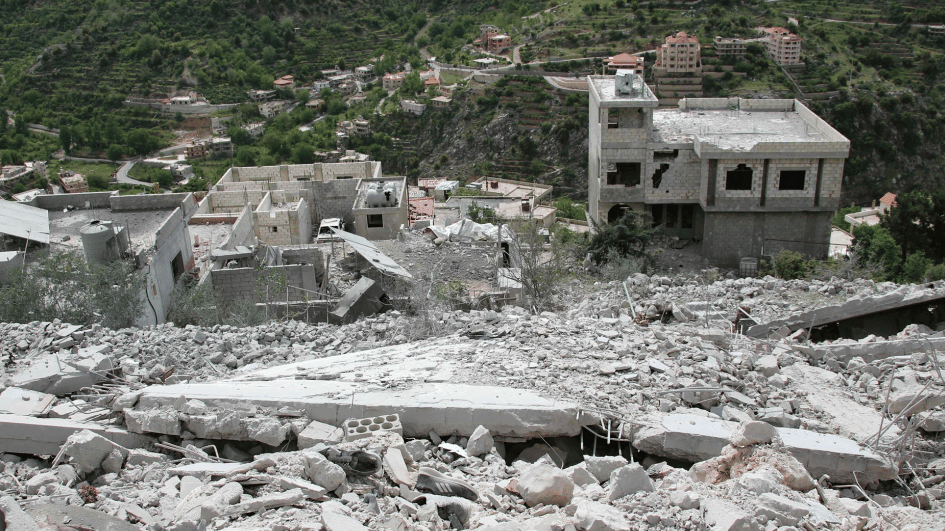Turkey defies Egyptian move but takes measures in Libya
It was not surprising to hear from President Recep Tayyip Erdoğan, during a long speech about the two years of his rule as executive president, that his government’s priority was and will be the national security of Turkey inside and outside the country’s borders.
The Turkish army’s operations in Syria, Iraq and Libya were all mentioned by Erdoğan, who vowed no retreat from any of these conflict theaters.
He was, though, more particular on Libya. Turkey will continue to support the Government of National Accord led by Prime Minister Fayyez al-Sarraj in line with the two memoranda of understanding signed in late 2019, the president stated. Thanks to Turkey’s move, Libya is safer for Libyans, he also suggested.
His statement came at a time when there are worrying developments concerning the Libyan conflict, as the Egyptian government has secured authorization from its parliament to deploy troops to foreign soil – that is, Libya.
Erdoğan, without naming Egypt or this specific move by its parliament, challenged Cairo as he said Turkey would not permit any country to make aspirations concerning Libya.
Although Erdoğan seemed to undermine the Egyptian call, concerns over greater tension in Libya have triggered intensified diplomacy in the international arena. U.S. President Donald Trump, who is already overwhelmed by the impending presidential elections, held separate phone conversations with Egyptian President Abdel Fattah el-Sissi and French President Emmanuel Macron late on July 20.
In just the last two days, Turkey has held talks with Qatar, its main regional ally, and Russia over Libya, as well as organized a trilateral summit with Libya and Malta in the Turkish capital.
A visit by Russian Deputy Foreign Minister Sergey Versihinin to Ankara, where he had talks with his counterpart, Sedat Önal, was also important as the two sides have long delayed meetings on a ceasefire due to their differing opinions on Libya.
All these diplomatic steps come as the two warring sides and their international supporters are now in preparations for what the GNA calls the Sirte Operation to wrest back control of one of the most strategic locations in the North African country.
It’s not clear to what extent the Egyptian move will have an impact in the field and deter the GNA’s probable military offensive. A recent airstrike against Turkey-controlled al-Watiyye air base has shown that the future phases of the Libyan conflict may be much more violent.
Turkey has taken additional measures to avoid any future similar attack on the base and other positions in eastern Libya, according to sources who are closely following the matter.
Many in Ankara think that Egyptian move concerning Libya is a result of pressure from the United Arab Emirates and that there is no clear desire from the Egyptian army to engage in a clear and open confrontation with rival parties in Libya.
But that does not mean that Turkey underestimates the Egyptian role in the conflict and the consequences of its direct military intervention. Indeed, Turkish officials are keen on not starting a direct rhetorical row with Egypt, at least for now.
At this point, Turkey is pursuing a two-way policy in Libya. On one front, it refuses to abandon diplomatic efforts with relevant parties to broker a lasting ceasefire in Libya under certain conditions imposed by the GNA; on the other, it continues its military engagement without stop, knowing that it can only gain the upper hand if it’s strong in the field.











